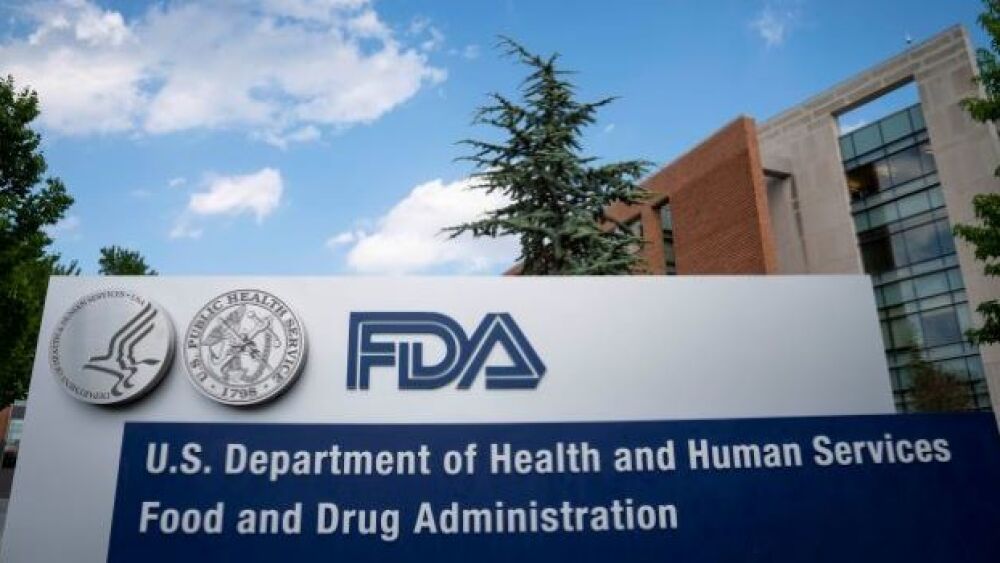Shares of Massachusetts-based Minerva Neurosciences dropped Monday after the FDA issued a Refuse to File letter for the company’s schizophrenia drug, roluperidone.
Courtesy of Sarah Silbiger/Getty Images
Massachusetts-based Minerva Neurosciences suffered a blow to its shares Monday when the FDA issued a Refuse to File letter for the schizophrenia drug roluperidone.
Minerva submitted the New Drug Application for roluperidone to treat negative symptoms of schizophrenia in August. The NDA was built on data from two late-stage trials in patients with moderate to severe negative symptoms of schizophrenia.
Both trials had the same overall study design — multicenter, multinational, randomized, double-blind, placebo-controlled, parallel-group trials where patients received either 32 mg or 64 mg of roluperidone.
In both trials, patients were on antipsychotics. Those treatments were discontinued, and a washout period of two days was put in place before beginning the trial.
The trials collected similar placebo-controlled data through a 12-week double-blind period and included long-term exposure data on the safety and tolerability of the drug. It included efficacy based on blinded doses intended to show the maintenance improvement in negative symptoms and the low rate of worsening of positive symptoms after 24 and 40 weeks.
The NDA requested approval for the 64 mg dose of roluperidone. The data supported the hypothesis that after 12 weeks of the drug, it was superior to placebo in decreasing negative symptoms of schizophrenia.
The 64 mg dose caused statistically significant decreases in negative symptoms as measured by PANSS Pentagonal Structured Model Negative score (PSM). A post hoc analysis of the change from Baseline to Week 12 for another assessment method, the PANSS Marder’s Negative Symptoms Factor Score (NSFS), also showed a statistically significant difference for the 64 mg dose compared to placebo.
However, the primary analysis of intent-to-treat of change from Baseline in the NSFS to Week 12 for the drug narrowly missed statistical significance; the data, the company said, “were quantitatively superior for 64 mg roluperidone treatment.”
The company also submitted additional data to the FDA after a Type C meeting on Mar. 2, 2022. The FDA requested additional data in four specific areas:
- The potential impact of the drug on the efficacy and safety of antipsychotic drugs
- The comparability of U.S. and non-U.S. schizophrenia patients;
- More data on the efficacy of roluperidone on negative symptoms
- How physicians could identify patients who might benefit from the drug
No specific issues included the Refuse to File letter were released, although the company indicated that “research continues to emerge indicating that there is a large subgroup of patients with schizophrenia who have moderate to severe primary negative symptoms and minimal positive symptoms” with a low risk of positive symptoms getting worse even without antipsychotic drugs.
The agency indicated Minerva could request a Type A meeting to discuss the Refusal to File letter. Remy Luthringer, executive chairman and CEO of Minerva, stated the company planned to do so.
“Our goal remains to provide a new and much-needed therapeutic option to help patients and their families since there are currently no approved therapies to treat negative symptoms of schizophrenia in the United States,” Luthringer said.





